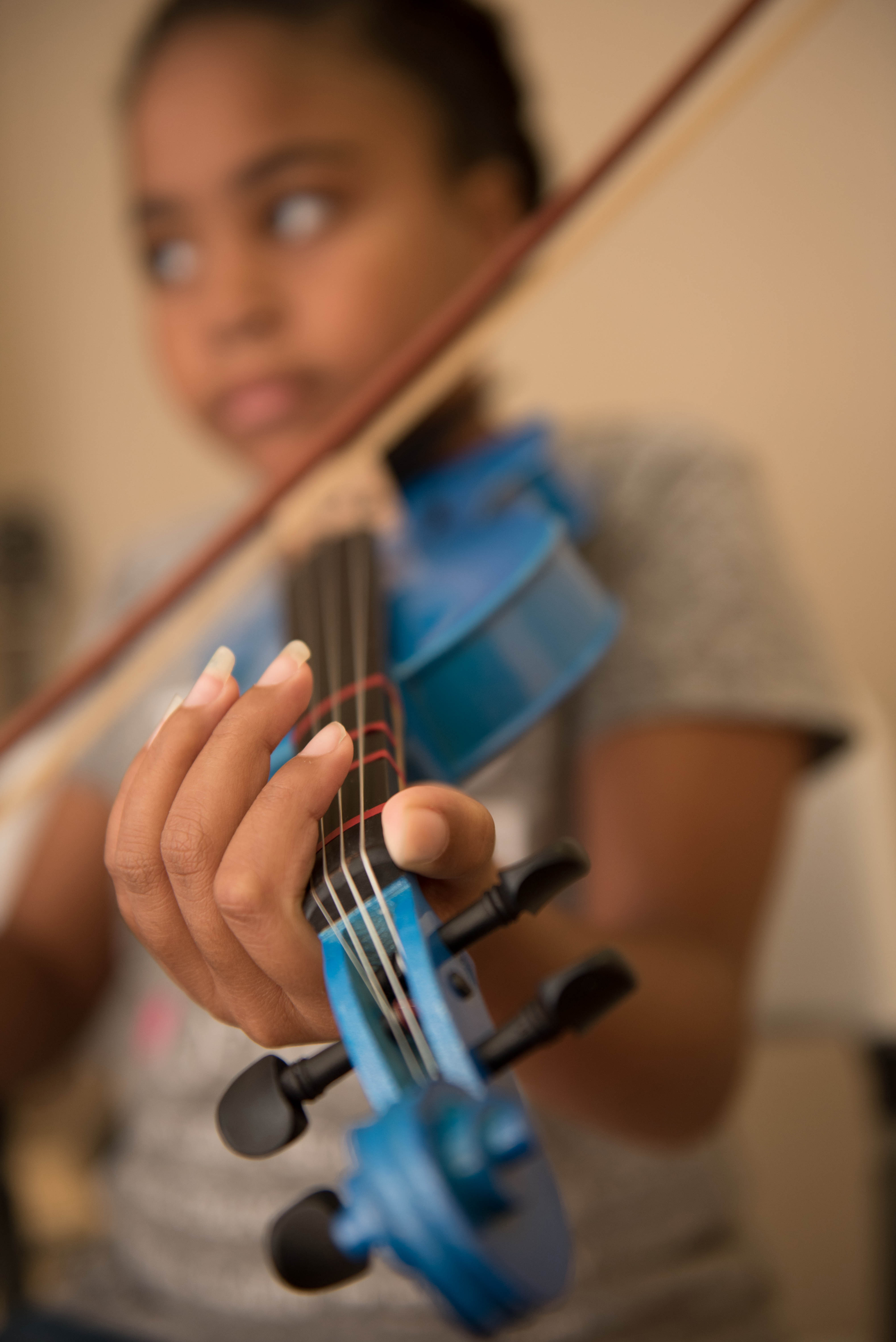What are the parent disciplines of Musicology?
The parent disciplines of musicology include: General history. Cultural studies. Philosophy (particularly aesthetics and semiotics) Ethnology and cultural anthropology. Archaeology and prehistory. Psychology and sociology.
What are some good introductory books on Empirical Musicology?
" On the growing role of observation, formalization and experimental method in musicology. " Empirical Musicology Review. Kerman, Joseph (1985). Musicology. London: Fontana. ISBN 0-00-197170-0. McClary, Susan, and Robert Walser (1988). "Start Making Sense!
What is the best book on postmodern musicology?
New York: Dover Publications. N.B .: First published in 1939; expanded and updated for republication in 1962. Babich, Babette (2003) " Postmodern Musicology " in Victor E. Taylor and Charles Winquist, eds., Routledge Encyclopedia of Postmodernism, London: Routledge, 2003. pp. 153–159. ISBN 978-0-415-30886-1. Brackett, David (1995).

What is the purpose of music in muzology?
Music stimulates parts of the brain responsible for attention, motivation, memory, and emotion. Using the universal language of music, Muzology offers high engagement learning for students of ALL educational backgrounds.
Why is Muzology created?
That's why we created Muzology — to harness the power of music to supercharge learning.
What is musicology in the humanities?
Musicology (from Greek 'μουσική' (mousikē) for 'music' and 'λογος' (logos) for 'domain of study') is the scholarly analysis and research-based study of music. Musicology departments traditionally belong to the humanities, although some music research is scientific in focus (psychological, sociological, acoustical, neurological, computational ).
What are the disciplinary neighbours of musicology?
The disciplinary neighbours of musicology address other forms of art, performance, ritual and communication, including the history and theory of the visual and plastic arts and architecture; linguistics, literature and theatre; religion and theology; and sport.
What degree do musicologists need?
Musicologists in tenure track professor positions typically hold a PhD in musicology. In the 1960s and 1970s, some musicologists obtained professor positions with an MA as their highest degree, but in the 2010s, the PhD is the standard minimum credential for tenure track professor positions. As part of their initial training, musicologists typically complete a BMus or a BA in music (or a related field such as history) and in many cases an MA in musicology. Some individuals apply directly from a bachelor's degree to a PhD, and in these cases, they may not receive an MA In the 2010s, given the increasingly interdisciplinary nature of university graduate programs, some applicants for musicology PhD programs may have academic training both in music and outside of music (e.g., a student may apply with a BMus and an MA in psychology). In music education, individuals may hold an M.Ed and an Ed.D .
What are the three branches of musicology?
Musicology traditionally is divided in three main branches: historical musicology, systematic musicology and ethnomusicology. Historical musicologists mostly study the history of the so-called Western classical tradition, though the study of music history need not be limited to that.
What were the major trends in musicology in the 19th century?
The 19th century philosophical trends that led to the re-establishment of formal musicology education in German and Austrian universities had combined methods of systematization with evolution. These models were established not only in the field of physical anthropology, but also cultural anthropology. This was influenced by Hegel 's ideas on ordering "phenomena" from the simple to complex as the stages of evolution are classified from primitive to developed, and stages of history from ancient to modern. Comparative methods became more widespread in diverse disciplines from anatomy to Indo-European linguistics, and beginning around 1880, also in comparative musicology.
What are the majors in musicology?
The parent disciplines of musicology include: 1 General history 2 Cultural studies 3 Philosophy (particularly aesthetics and semiotics) 4 Ethnology and cultural anthropology 5 Archaeology and prehistory 6 Psychology and sociology 7 Physiology and neuroscience 8 Acoustics and psychoacoustics 9 Computer/ information sciences and mathematics
What is cognitive musicology?
Cognitive musicology is the set of phenomena surrounding the cognitive modeling of music. When musicologists carry out research using computers, their research often falls under the field of computational musicology.

Popular Posts:
- 1. elmira notre dame parent portal
- 2. cuhsd parent portal
- 3. spectrum parent portal
- 4. anatolia parents portal
- 5. hopwood hall parent portal
- 6. beaubien aspen parent portal
- 7. dcps focus parent portal
- 8. wuhsd parent portal
- 9. stony creek swim center parent portal
- 10. excel online high school parent portal